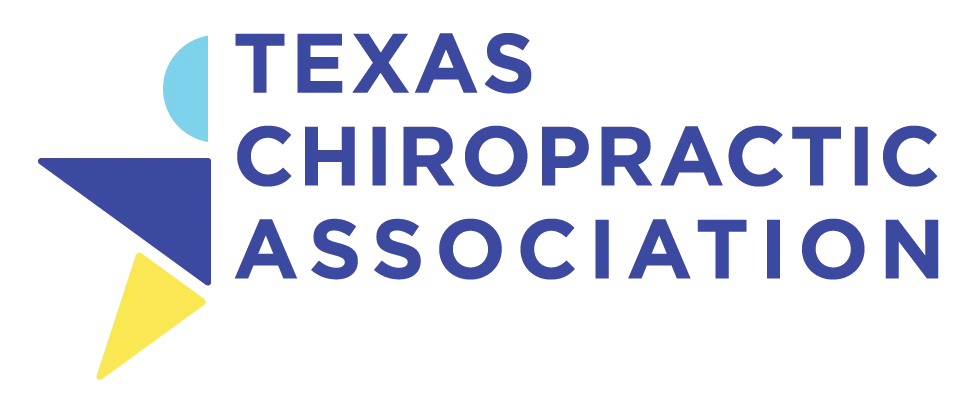Hospitals and Their Captive Insurance Companies Making Millions
posted: Sep. 25, 2018.

While hospitals seek to maintain an image of service and trust, many are investing large sums in the Cayman Islands and illegally profiting. For example, three prominent New York City hospitals continue to make about $64 million this year off a revamped version of an insurance maneuver that New York regulators last year characterized as a hidden scheme to funnel hundreds of millions of dollars back to the hospitals.
New York's state Department of Financial Services, or DFS, found that the professional liability insurer Hospitals Insurance Co. illegally kept secret the fact that its offshore captive insurance company soaked up more than $160 million in premium payments that yielded more than $200 million in investment income over a two-decade period, all while avoiding domestic regulation.
Despite the violations, which came to light in 2017, the latest financial filings indicate the hospitals have kept a version of the operation running. The hospitals involved obtain supplemental medical malpractice insurance through the state of New York. But they effectively devised a way to convert that coverage into cash through a series of reinsurance transactions that funneled the money to their Cayman Islands-based captive insurance company at the heart of the scheme. They used the money to obtain cheaper insurance and pay dividends, according to the settlement agreement.
Even after the 2017 settlement, one not-for-profit health system posted a 72% jump in net income during the first half of 2018. Another collected $17.8 million, a third reported a $3.8 million equity gain from its captive insurance program. According to the settlement agreement, these hospitals broke state insurance laws by hiding the existence of its captive insurance companies from state regulators, failing to get state approval to perform retrocession transactions among the insurers and working with an unlicensed adjuster for nearly 40 years. “Prior management was concerned that licensing would have subjected [them] to regulatory scrutiny and posed a potential threat to [their] tax-exempt status, required proof that it was in ongoing compliance with its licenses and could have resulted in the captives being treated as doing business in New York for tax and regulatory purposes.” The company was fined $3 million.
"Hospitals band together all the time to form overseas captive insurance companies, especially in the Cayman Islands, where there are looser laws and more favorable tax codes," said Christian Puff, a Dallas-based attorney with Hall Render. “They just operated as an insurance company with a whole lot of surplus just kind of passing it out among the owners, and they were not properly filed,” she said.
Source: http://www.modernhealthcare.com/article/20180908/NEWS/180909970
